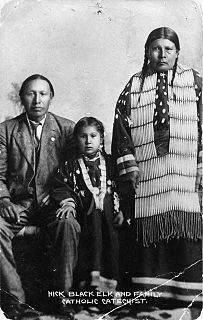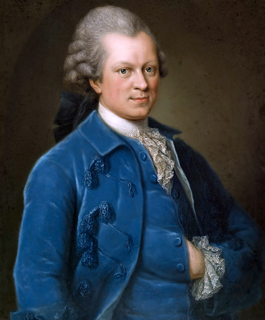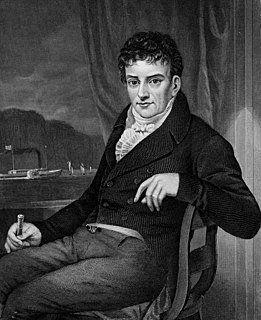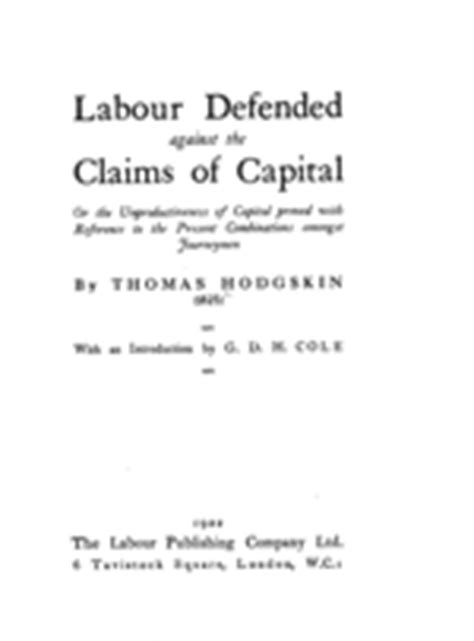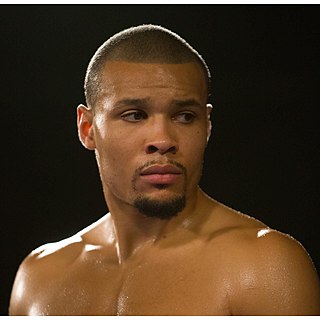A Quote by Honore de Balzac
No hawk swooping down upon his prey, no stag improvising new detours by which to trick the huntsman, no dog scenting game from afar is comparable in speed to the celerity of a salesman when he gets wind a deal, to his skill in tripping up or forestalling a rival, and to the art with which he sniffs out and discovers a possible sale.
Related Quotes
The life of an Indian is like the wings of the air. That is why you notice the hawk knows how to get his prey. The Indian is like that. The hawk swoops down on its prey, so does the Indian. In his lament he is like an animal. For instance, the coyote is sly, so is the Indian. The eagle is the same. That is why the Indian is always feathered up, he is a relative to the wings of the air.
As the stag which the huntsman has hit flies through bush and brake, over stock and stone, thereby exhausting his strength but not expelling the deadly bullet from his body; so does experience show that they who have troubled consciences run from place to place, but carry with them wherever they go their dangerous wounds.
As the component parts of all new machines may be said to be old[,] it is a nice discriminating judgment, which discovers that a particular arrangement will produce a new and desired effect. ... Therefore, the mechanic should sit down among levers, screws, wedges, wheels, etc. like a poet among the letters of the alphabet, considering them as the exhibition of his thoughts; in which a new arrangement transmits a new idea to the world.
The master in the art of living makes little distinction between his work and his play, his labor and his leisure, his mind and his body, his information and his recreation, his love and his religion. He hardly knows which is which. He simply pursues his vision of excellence at whatever he does, leaving others to decide whether he is working or playing. To him he's always doing both.
Men had better be without education than be educated by their rulers; for their education is but the mere breaking in of the steer to the yoke; the mere discipline of the hunting dog, which, by dint of severity, is made to forego the strongest impulse of his nature, and instead of devouring his prey, to hasten with it to the feet of his master.
This soldier, I realized, must have had friends at home and in his regiment; yet he lay there deserted by all except his dog. I looked on, unmoved, at battles which decided the future of nations. Tearless, I had given orders which brought death to thousands. Yet here I was stirred, profoundly stirred, stirred to tears. And by what? By the grief of one dog. Napoleon Bonaparte, on finding a dog beside the body of his dead master, licking his face and howling, on a moonlit field after a battle. Napoleon was haunted by this scene until his own death.
I can’t help blushing and looking down at my feet. “It was nothing.” “It was literally everything to me.” I look up, putting on my best version of Eight’s teasing smile. “In that case, I think I deserve more than a gross hot dog.” Eight clasps his hands across his chest like I’ve wounded him. “You’re right! I’m a fool to think my life could be traded for a hot dog.” He grabs my hand and gets down on one knee, pressing his forehead to the back of my hand. “My savior, what can I ever do to repay you?
From high Meonia's rocky shores I came, Of poor decsent, Acoetes is my name, My sire was measly born: no oxen ploughed, His fruitful fields, nor in his pastures lowed, His whole estate within the waters lay' With lines and hooks he caught the finny prey; His art was all his livelehood, which he Thus with his dying lips bequeathed to me: In streams, my boy, and rivers take thy chance; There swims', said he, Thy whole inheritance.
I know no study which is so unutterably saddening as that of the evolution of humanity, as it is set forth in the annals of history. Out of the darkness of prehistoric ages man emerges with the marks of his lowly origin strong upon him. He is a brute, only more intelligent than the other brutes, a blind prey to impulses, which as often as not led him to destruction; a victim to endless illusions, which make his mental existence a terror and a burden, and fill his physical life with barren toil and battle.

